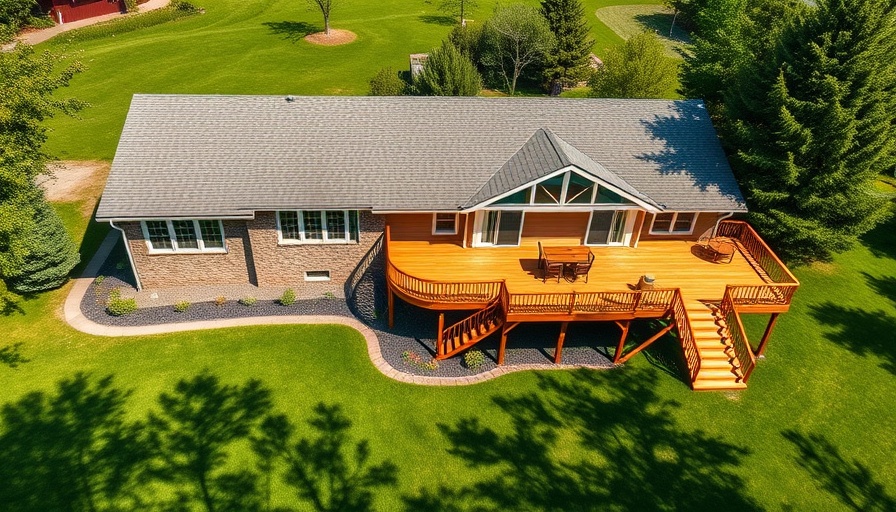
Understanding the Complex Landscape of Brooklyn Basement Apartments
As the demand for affordable housing options continues to rise in Brooklyn, homeowners and prospective tenants frequently turn their attention towards basement apartments. However, navigating the legal landscape of these subterranean spaces requires careful consideration of zoning regulations and safety codes to ensure habitability and compliance with New York City laws. This article explores the critical legal and zoning considerations surrounding basement apartments in Brooklyn, helping homeowners transform potentially underutilized spaces into safe and legal living accommodations.
The Importance of Legal Compliance
The changing dynamics in New York City's housing market, especially after events like Hurricane Ida in September 2021, have brought attention to the safety and legality of basement apartments. These conditions can leave tenants vulnerable to dangers such as flooding, highlighting the necessity of ensuring that basement apartments conform to the Department of Buildings (DOB) regulations.
Many potential tenants may be unaware that not all basement apartments are illegal or unsafe. However, homeowners must be diligent in verifying the legal status of their spaces. As noted by various industry experts, conducting thorough inspections and ensuring compliance with safety codes can prevent legal headaches, fines, and potentially dangerous living conditions.
Key Legal Considerations for Basement Apartments
To maintain compliance, homeowners must understand several key legal requirements:
- Defining Basements vs. Cellars: NYC law differentiates between basements and cellars based on their elevation relative to the street level. A legal basement must have at least half of its height above curb level, whereas a cellar, usually situated significantly lower, is seldom permitted as a residential rental.
- Certificate of Occupancy: Every legally habitable apartment must have a Certificate of Occupancy issued by the DOB. This document verifies that the unit meets the necessary safety and zoning codes.
- Ceiling Height and Egress Requirements: As per the updated regulations, habitable basement spaces must have a ceiling height of at least 7.5 feet, with specific requirements for egress windows and safety exits to optimize tenant safety.
- Access Points: Basement apartments must have multiple exits to ensure safety during emergencies. This includes well-placed egress windows and doors leading to the exterior of the building.
Housing experts suggest that adherence to these regulations not only promotes tenant safety but also protects homeowners from potential legal issues down the line.
Investing in Legalization: Long-Term Benefits
For homeowners considering converting their basements into habitable spaces, investing in the proper legalizations can significantly enhance property values. Legal basement apartments tend to attract higher levels of interest from prospective tenants, especially amid their increasing popularity as affordable housing options in Brooklyn. The process of legalizing a basement can range from $50,000 to upwards of $200,000, depending on the extent of required modifications and renovations.
Furthermore, legally sound spaces can create a safer environment, reducing future risks related to fines and evictions. A legitimate rental unit can directly contribute to passive income for homeowners looking to supplement their earnings in a city where living costs remain high.
Future Trends in Basement Apartment Legalization
With Mayor Eric Adams's City of Yes initiative aiming to rezone parts of the city, there is a possibility for future changes that could simplify the path to legal basement conversions. Increased emphasis on safety and habitability standards will likely reinforce the need for homeowners to remain compliant with city regulations.
Moreover, as awareness grows regarding the importance of legalizing basement apartments, communities may initiate programs or partnerships designed to assist homeowners throughout the legalization process, leading to a more robust housing environment across Brooklyn.
Conclusion
Homeowners in Brooklyn looking to convert their basement spaces into legal rentals must navigate a myriad of zoning laws and safety regulations. With the right approach and understanding of the current legal landscape, owners can optimize their properties while contributing to the broader housing market in Brooklyn. The complexities of legal and zoning considerations shouldn't deter property owners from exploring what their basement spaces can become – safe, livable, and compliant housing options that benefit both income potential and community stability.
Ready to transform your basement into a legal living space? Reach out to licensed contractors who specialize in basement conversions to ensure your renovation meets all legal requirements and enhances the value of your property.
 Add Row
Add Row  Add
Add 




 Add Row
Add Row  Add
Add 

Write A Comment